How To Make the Most of a Productivity Journal
Finding it hard to stay motivated lately? You’re not alone. With a massive number of people working from home due to the COVID-19 crisis, it’s increasingly difficult to separate our personal lives from our professional ones. Spaces usually reserved for dining or sleeping have become the new workplace for many. Meanwhile, team leaders are struggling to boost employee morale in an era defined by Zoom meetings and virtual hangouts.
To help you stay productive in this new environment, you should consider making little adjustments to your daily routine. But what is productivity tracking , and can it help? There are plenty of productivity tips you can try, including regular email breaks and ambient playlists. However, one of the best solutions is also one of the simplest: start a productivity journal.
The benefits of journaling for productivity
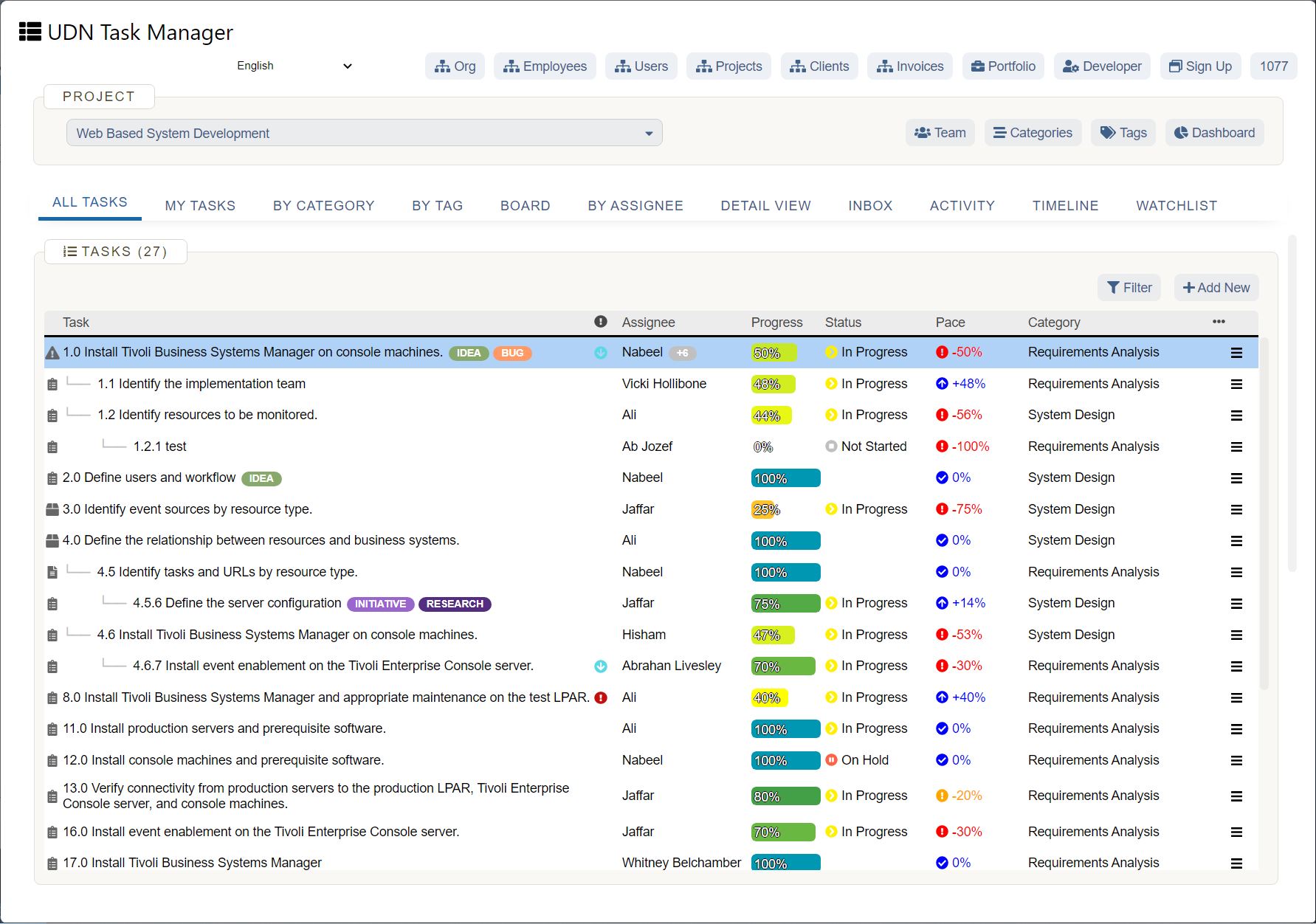
People who keep journals swear by the benefits. Once someone learns how to keep a work journal, they rarely abandon the practice. That’s because it’s an incredible tool for helping you to:
There’s no doubt that journaling can help you be more productive. Journaling is essentially a practice in brainstorming, planning , monitoring, and analyzing your activities — all vital skills for improving productivity at work. This exercise can be hugely beneficial if you find it challenging to work from home and need that extra push.
How to journal for productivity
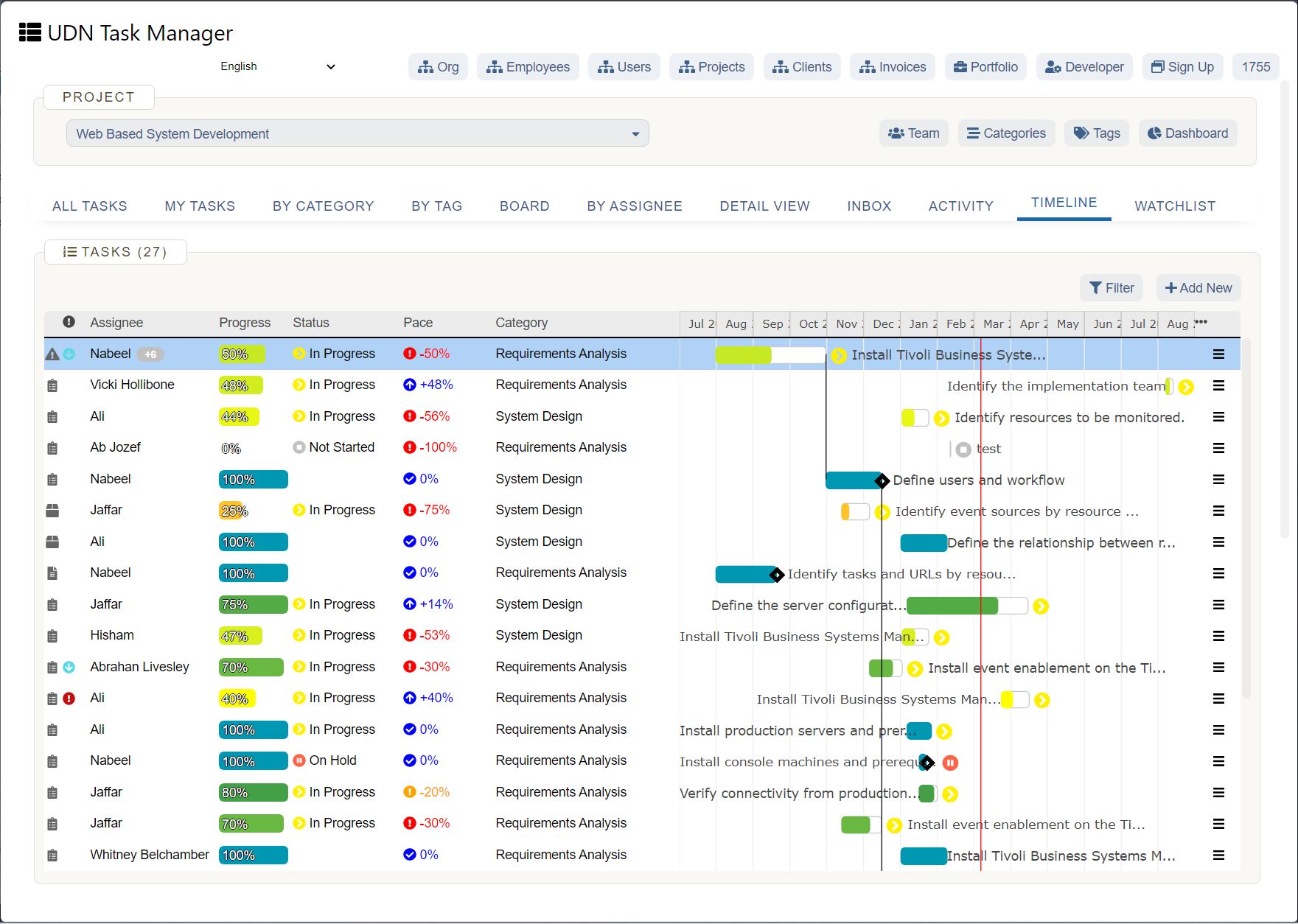
So, what exactly should you write in your productivity journal? The good news is, you can write whatever you want. Each person is unique and will have different metrics for achieving results.
However, there are some key activities that could help you with journaling for productivity:
Keep track of your goals in your journal
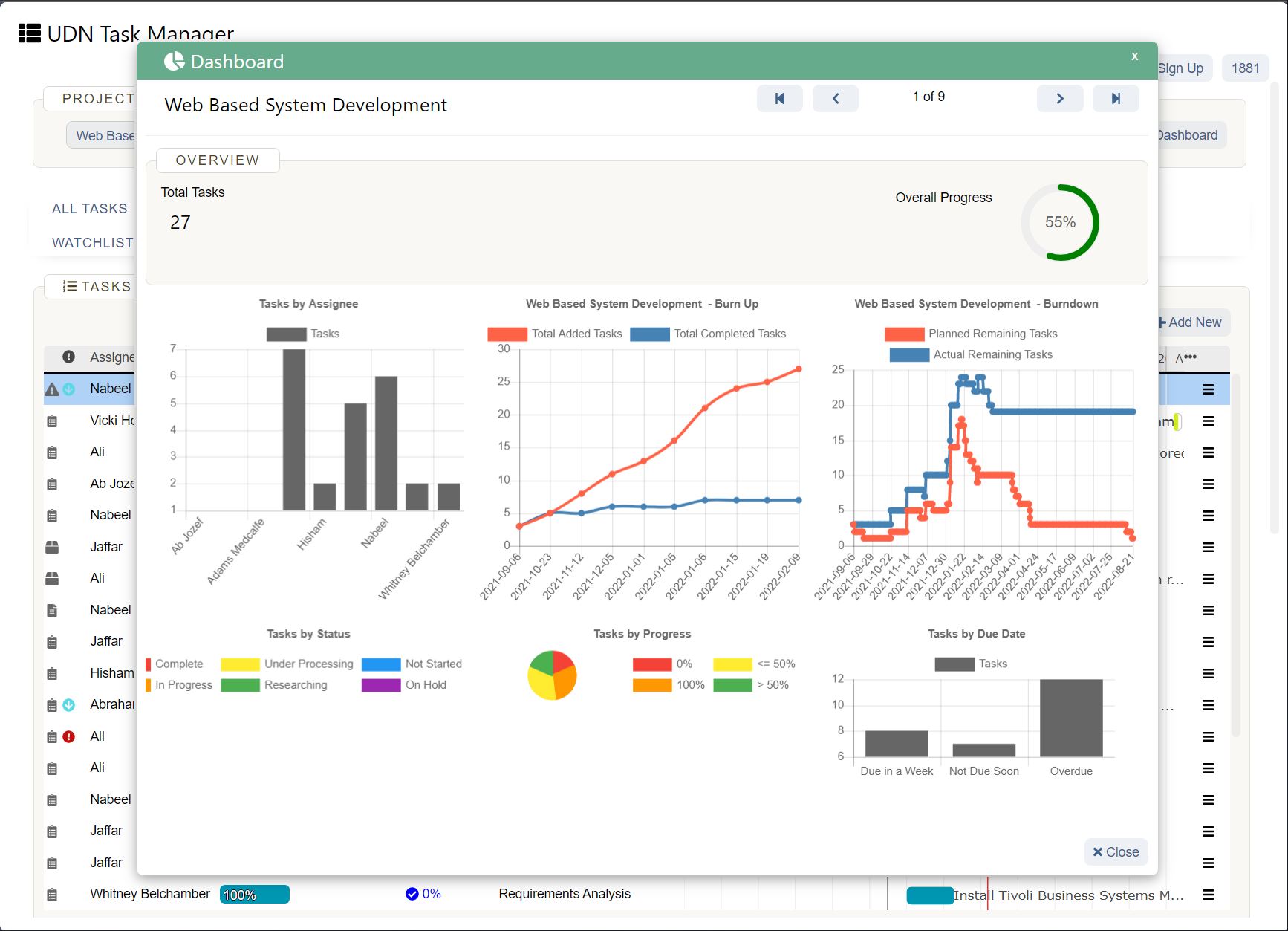
Writing down goals can have an incredible impact on your ability to accomplish them. A study at Dominican University revealed that students who wrote down their goals had a drastically higher rate of reaching them than students who didn’t write their goals down. The act of writing makes you consider what your goals are in the first place. It’s also a way for you to make a pact with yourself — think of your goal list as a written contract. Now that these goals exist in your productivity journal, you have to find a way to achieve them.
Use your productivity journal to make to-do lists
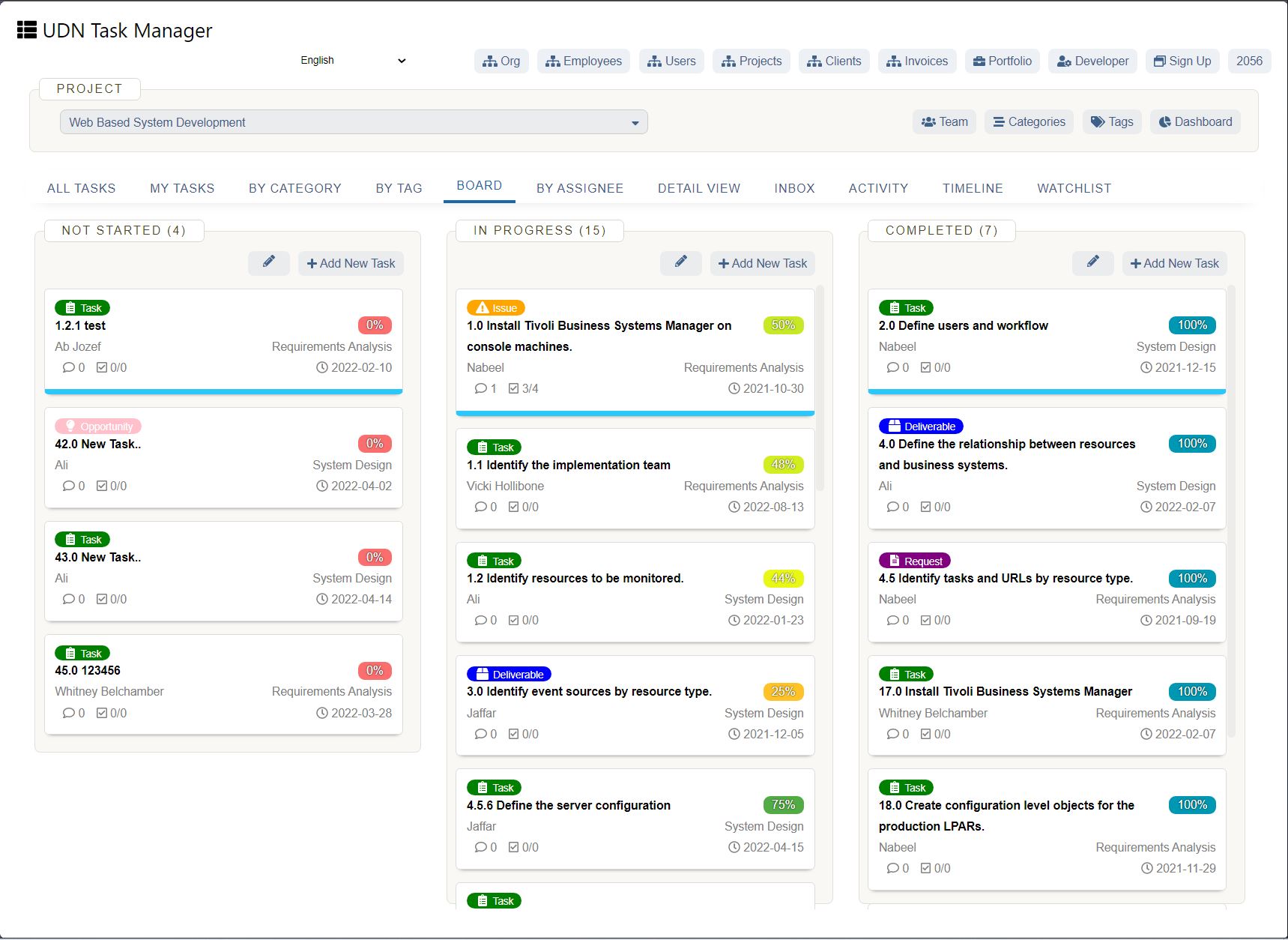
A journal is an excellent place for you to keep lists of more immediate tasks . Maybe you’re applying to graduate school and have a list of essays to write. Maybe you’re looking for a new job and need to update your resume. Or maybe you’re planning to start a blog and have a list of things you need to do to get started. Whatever you have on your plate, writing these tasks down in a productivity journal can help you accomplish them.
Analyze yourself in your journal
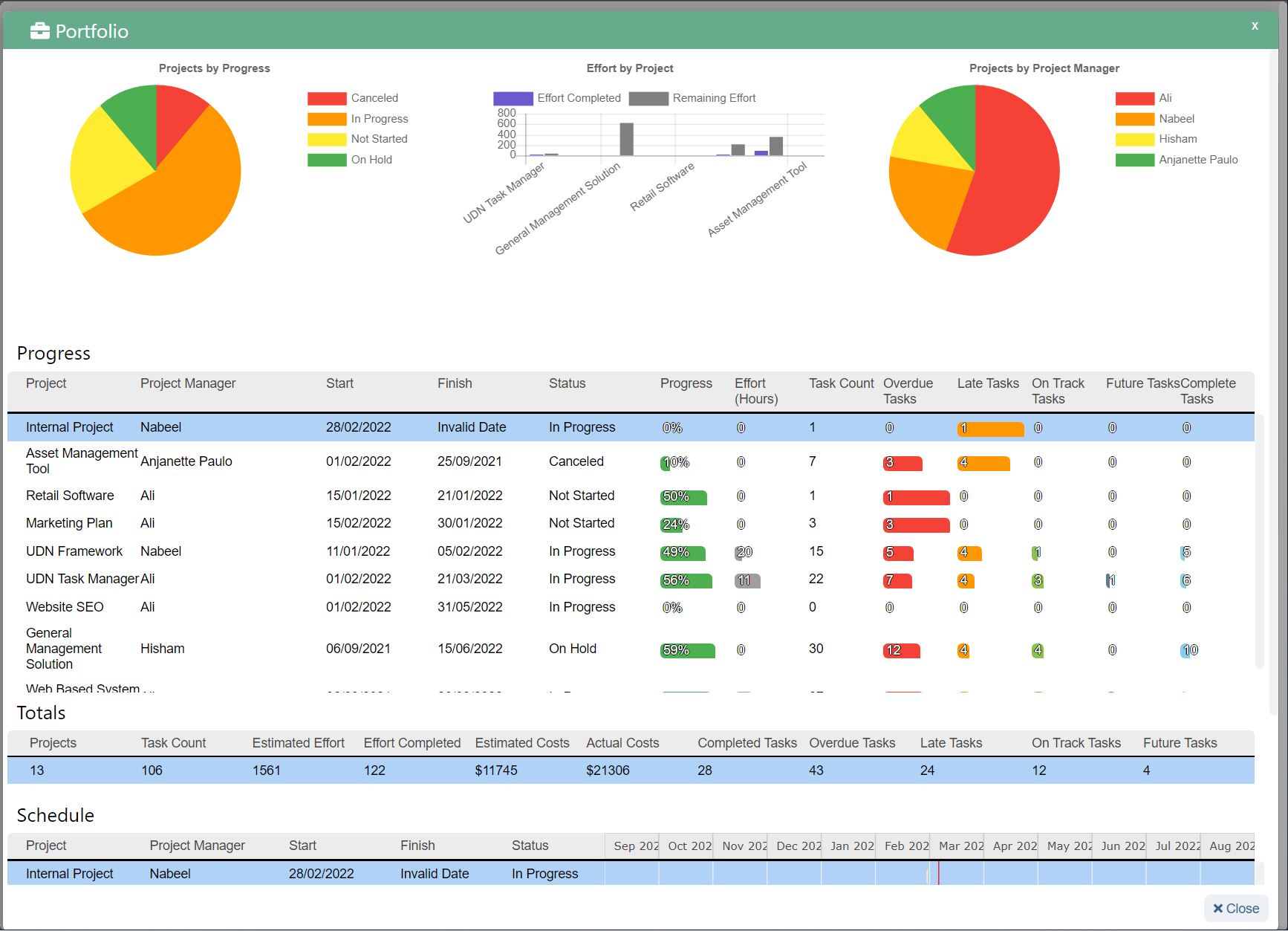
Once you’ve been journaling for a while, you can start to analyze how you work and what you could do to improve. Why not write down your thoughts on your productivity? Consider the following questions:
By setting aside time to analyze the different parts that make up your day, you can eliminate habits that don’t work for you and take advantage of ones that do. This practice can lead to better project management , both in your work and personal life.
Use your journal to vent
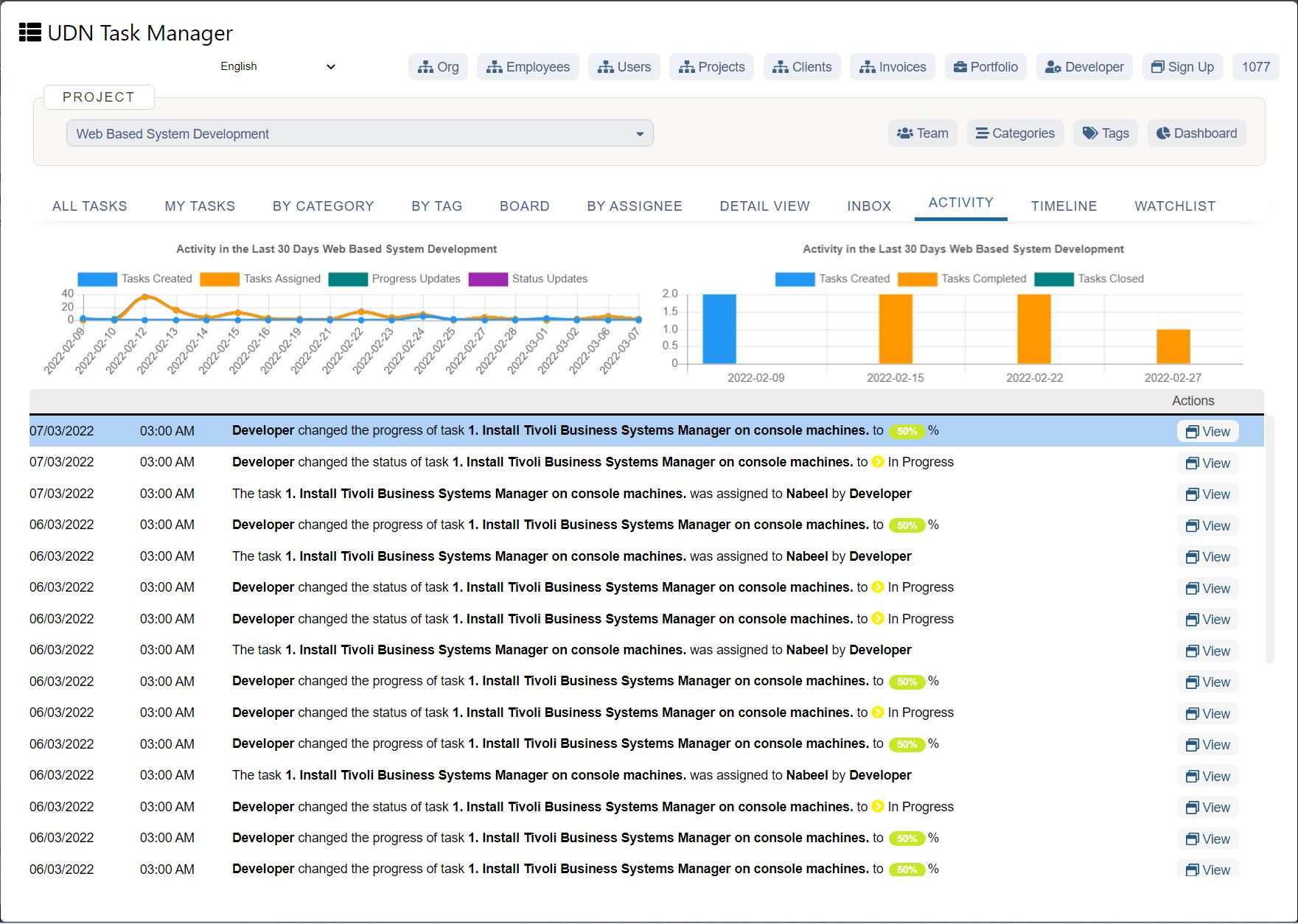
We all have bad days. And, more often than not, a bad day also means a lack of concentration and low productivity. But what if you have a looming deadline? Work through your negative thoughts by writing them in your productivity journal. If you’re feeling sad, frustrated, or overwhelmed, having an outlet to express yourself can be therapeutic . Many people will tell you that they feel a lot better as soon as they get their emotions off their chest.
Writing your pent-up feelings down could also prevent you from accidentally unleashing them on someone else. The lack of face-to-face contact in a remote working situation means problems are more likely to escalate as messages can come across bluntly. Instead of sending your frustrations via email, put them in your work journal. Once you write them down, you may find that your head feels clearer, and you can move on with your day .
Journal inspiring quotes and phrases
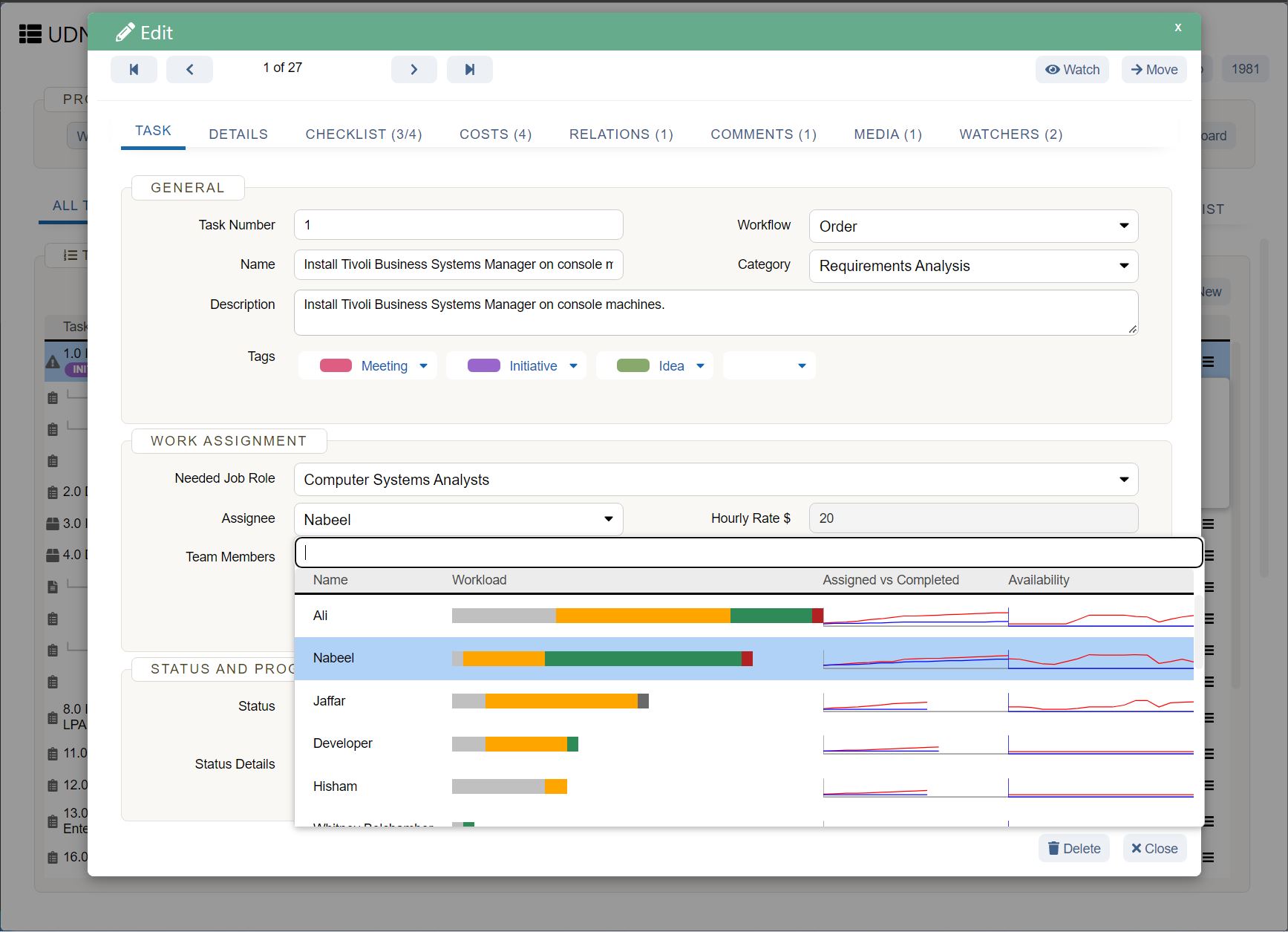
Everyone needs inspiration . You could reserve a space in your productivity journal to write down words or phrases that inspire you. Some people like to write down intentions or affirmations, such as:
Others may choose to write down quotes from people they admire , borrowing from famous speeches or their favorite books. Whatever shape your inspiration takes, a journal can be a fantastic place to store these nuggets. Reading inspirational phrases in the morning could also be an ideal way to set the tone for a productive day.
How to keep a work journal up to date

As this new period of flexible working has shown, many employees have had to overhaul their daily practices. Many variables may have shifted in your work life, causing you to lose sight of your career goals. Keeping your work journal up to date will help you realign your focus.
Here’s how to ensure your productivity journal stays fresh:
Try a digital journal
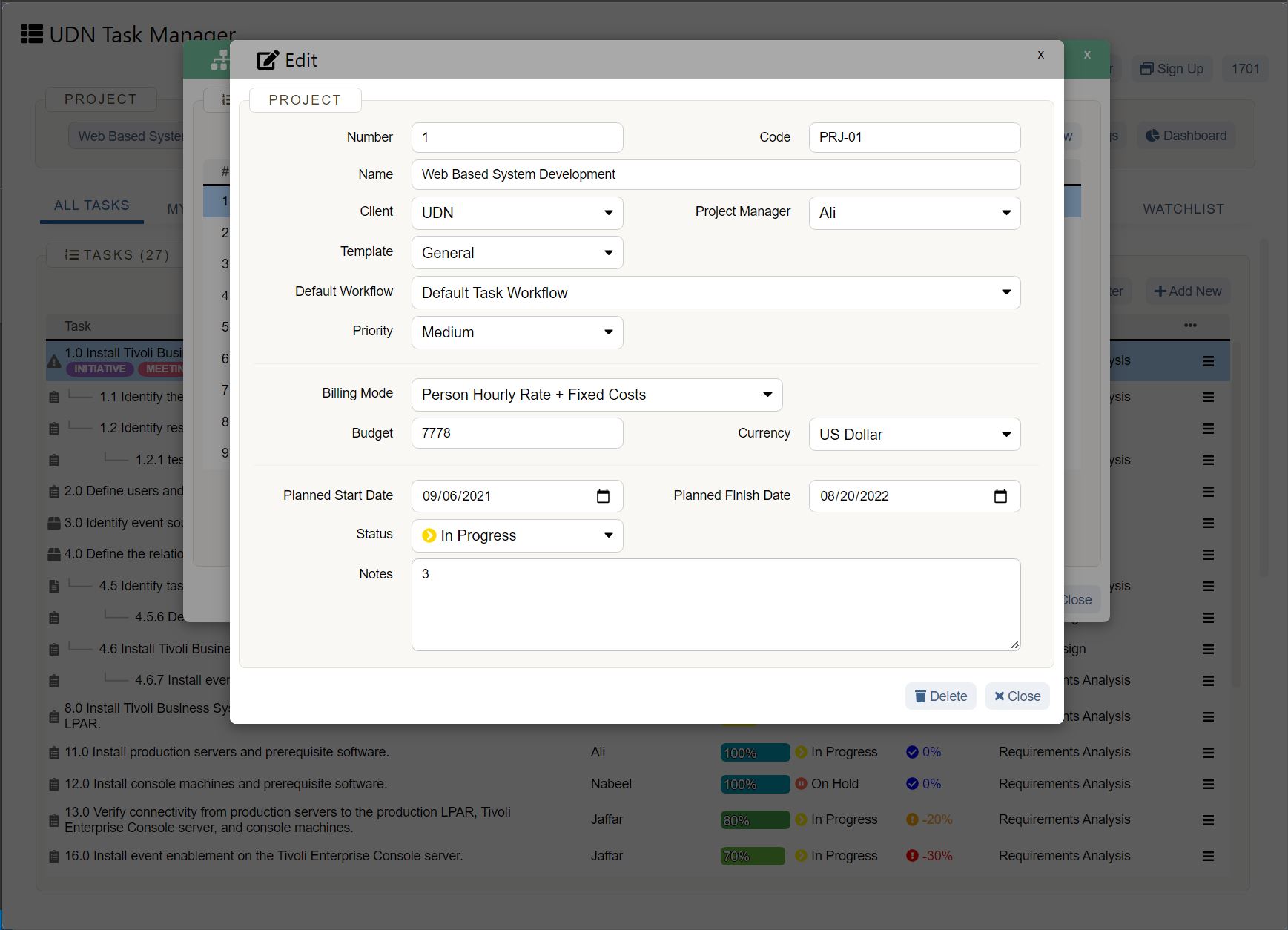
Apps have undoubtedly made our working lives easier. If the blank page in your notebook doesn’t inspire you, why not try a digital journal? Digital journal apps allow you to upload photos, videos, and other media, giving you a more visual overview of your activities. You can sync your updates from whatever device you’re working on, whether you’re at your desk or in a coffee shop — ideal for remote working. With a digital journal, your notes are always at hand, enabling you to journal for productivity on the go.
Write in your journal every day
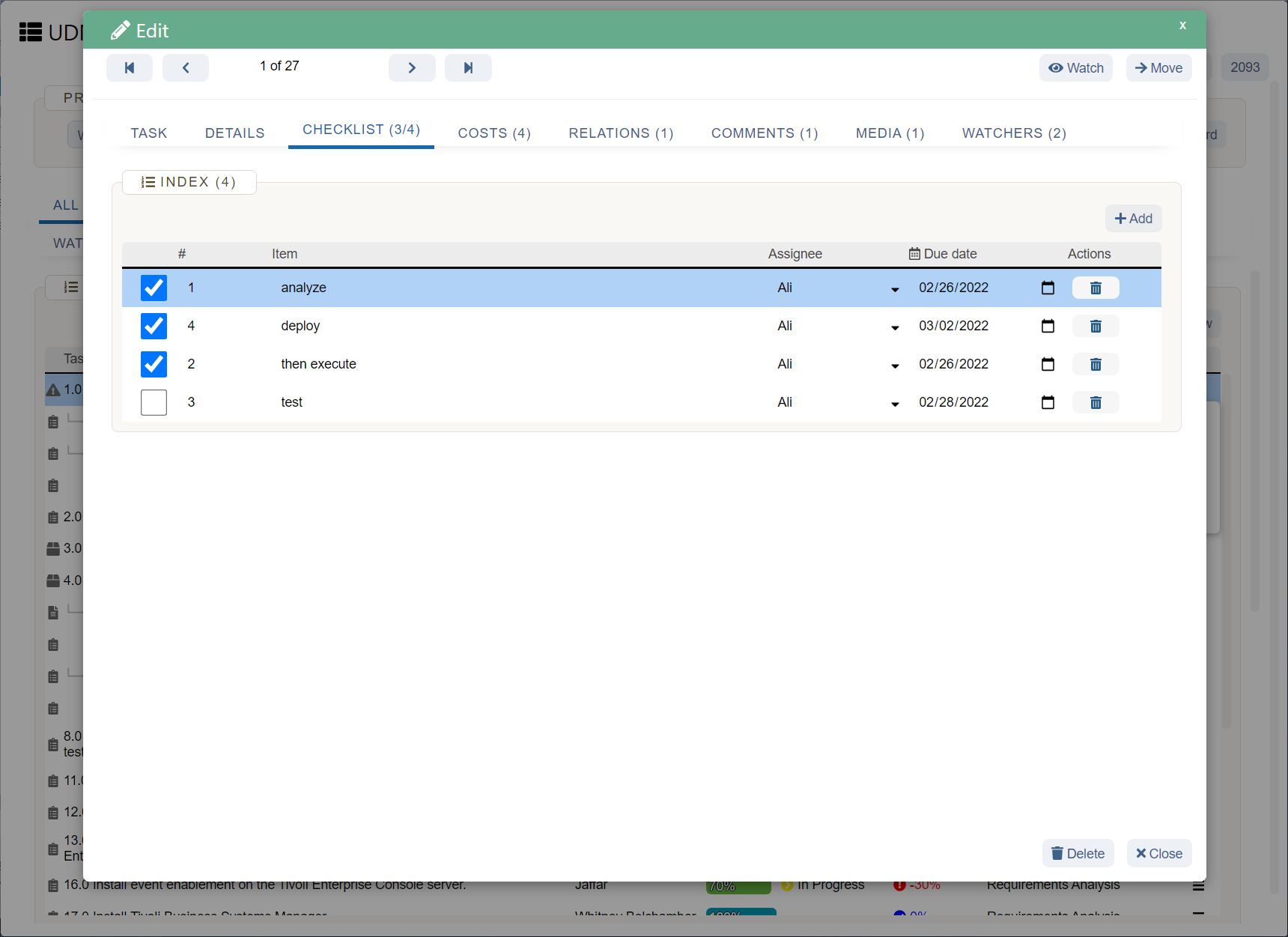
The longer you go without writing in your productivity journal, the harder it is to pick it back up again. Even if you feel like you don’t have a lot to say, jotting down a few lines every day will keep your notes up to date. It will also help you maintain a sense of routine that you may be missing if you’re not going into an office every day.
Use your journal as a reference
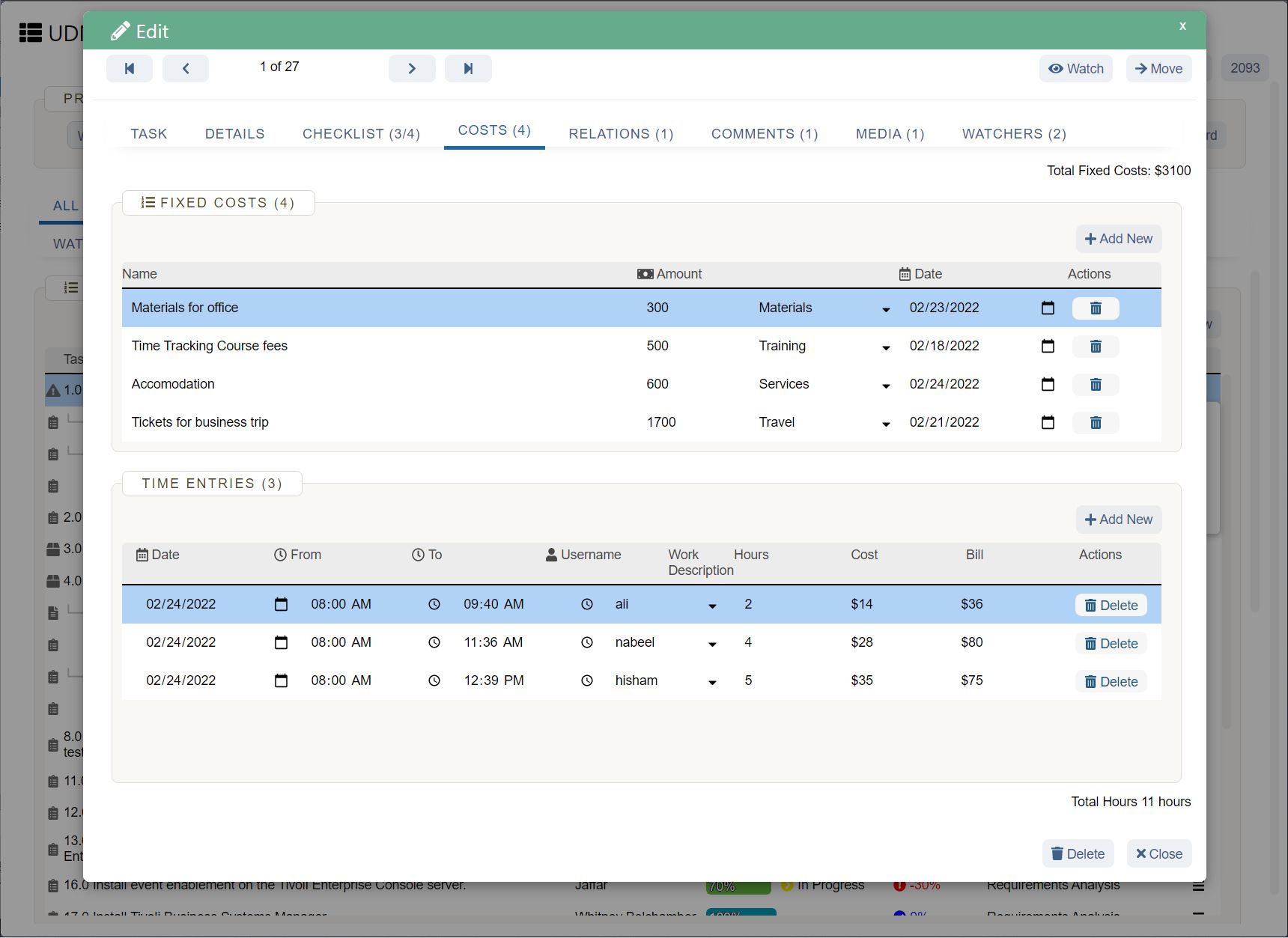
One particularly gratifying part about keeping a productivity journal is going back and reading it after some time has passed. You have a chance to see how you’ve evolved, what issues persist for you, and what problems you’ve solved. Over time your goals may change, so it’s good to refer back to them often and update them accordingly. That way, you stay focused on your current priorities.
Who should read your productivity journal?
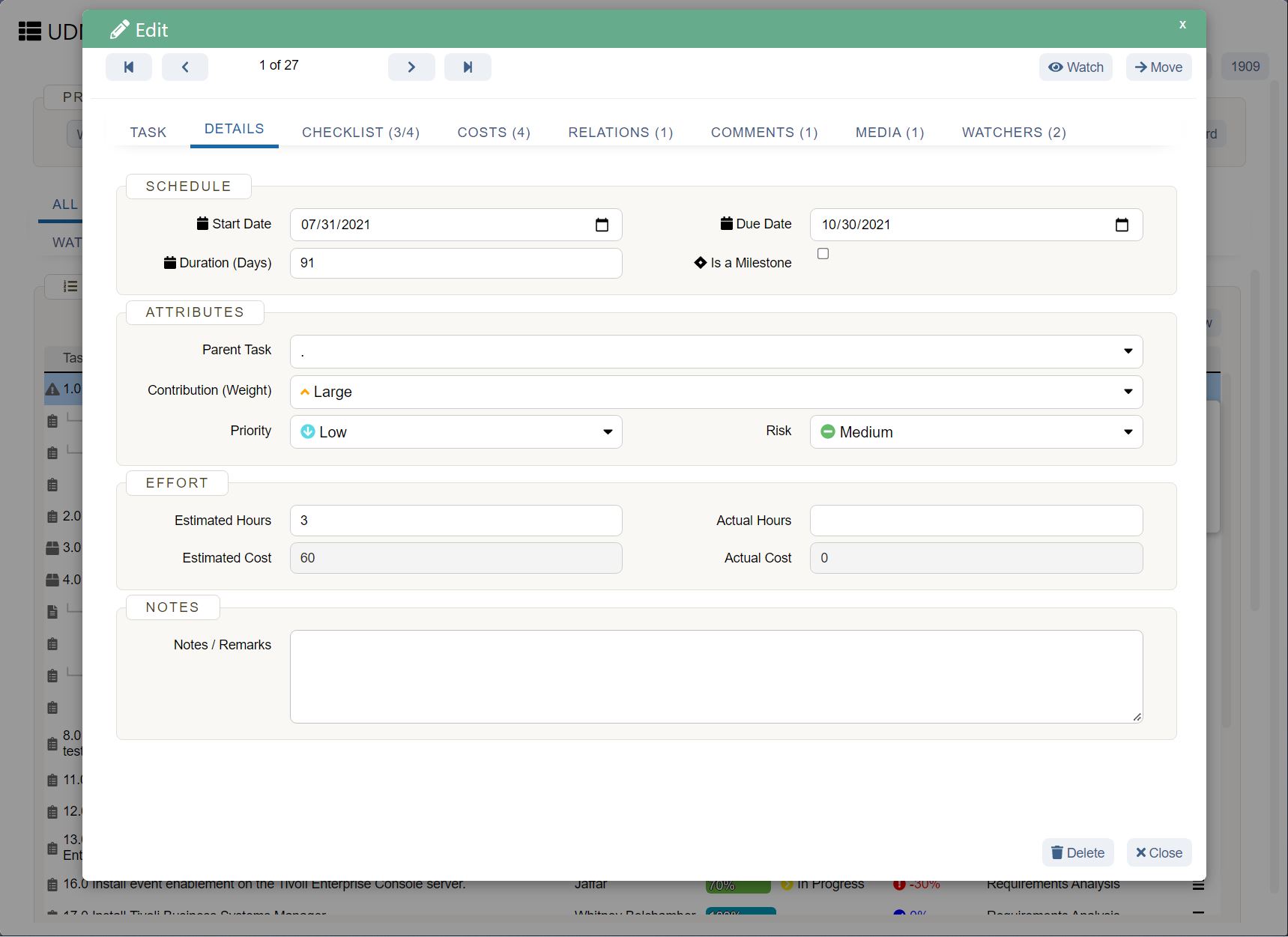
This one’s up to you. Some people might choose to show their work journal to their colleagues to track group projects collaboratively. Others may simply wish to share the joy of professional successes and reminisce on past achievements.
However, it’s important to remember that the purpose of your work journal is to help you with your personal productivity. Here, you can be completely honest about your daily thoughts, goals, emotions, progress, and experiences. These valuable insights into the way you work will help you identify your strengths and weaknesses, ultimately boosting your productivity levels. If you’re holding back from writing something in your work journal because you’re worried about what your colleagues might think, then maybe it should be for your eyes only. There are plenty of channels through which you can share with team members — your productivity journal can be just for you.
Now that you know how to journal for productivity, why not give it a go? A work journal could be the motivational kick you’ve been looking for in your career.











